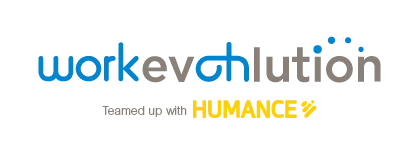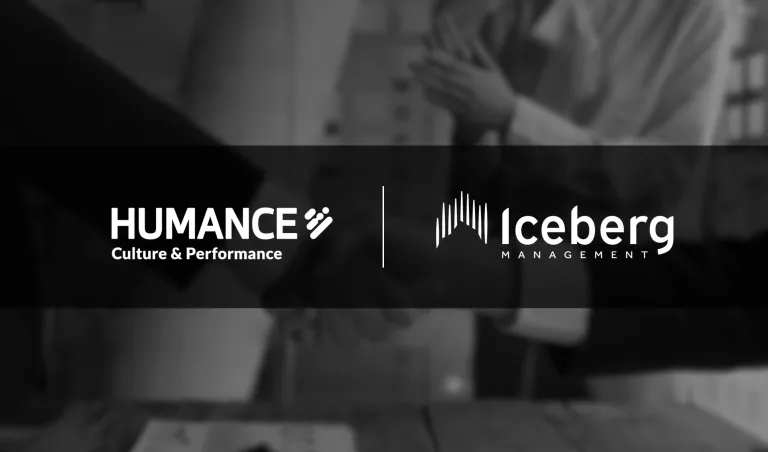The past 18 months saw a global pivot towards remote work. Today, as organizations are planning to or already are reopening their office locations, many are at a crossroads between reverting to the old way of working, or seizing the opportunity to reimagine how work gets done. Most organizations are pursuing the latter[1]–[2]; honestly, how will organizations compete for talent if they fail to recognize the potential benefits of a more flexible and fulfilling approach to work and life? Not wanting to lose the war for talent, most organizations are planning to implement a hybrid workplace, where employees can work from a combination of the office and remotely.[3]
Indeed, while fully remote workplaces can be successful, many organizations will best thrive with a hybrid model, including ideal aspects from both remote and physical workplaces.
A workplace that offers the best of the remote and office environments is often found to be a recipe for stronger commitment, increased performance, greater well-being, and a strengthened employee value proposition.[4]–[5]
The adoption of the hybrid workplace will of course raise several challenges for leadership. Whereas pure office or remote work designs reduce complexity and provide a “level playing field,” leadership in hybrid models will involve new complexities and therefore a learning curve for leaders.
In this article, we hope to help accelerate your leaders along the learning curve to excel in the hybrid workplace.
Navigating Change Through Leadership
Culture
Culture is the collection of shared values, expectations, and practices among members of the organization. Culture is critical because it guides and informs the actions of all employees, and therefore it can be a pivotal factor in the success of your organization’s hybrid work. Rather than being purely built through top-down initiatives (e.g., strategy and branding), culture is also built one leader at a time, and culture can be changed by changing one leader at a time. The first time a leader allows an unfair criticism of an employee just because they are working remotely, the culture begins to slowly deteriorate in its ability to support hybrid work.
The first time a leader allows an unfair criticism of an employee just because they are working remotely, the culture begins to slowly deteriorate in its ability to support hybrid work.
Consider the culture your workplace wants to be known for and why you’re adopting hybrid work.
- Does your organizational culture emphasize environmentally friendly practices?
- Does your culture value family and non-work life?
- Does your culture appreciate a diverse workforce?
The nature of your organization’s culture will inform your purpose for adopting hybrid remote work, which is key to designing a successful hybrid work program.

The nature of your organization’s culture will inform your purpose for adopting hybrid remote work, which is key to designing a successful hybrid work program.
For example, if your organizational culture is one that rewards time spent in the office and maintaining a physical presence, then a hybrid work program will likely fail since few will utilize it. If your culture is one that emphasizes freedom and autonomy in work practices, then hybrid work will more likely be successful.
It might be time to re-examine your culture.
What elements of the pre-pandemic culture were holding your organization back? What were the elements that should be emphasized in the future? The key is to be very explicit in maintaining and improving your desired culture and allowing that to guide many of the leadership decisions and practices through the change.[8]
Call to Action
What is the best way to help your leaders develop the skills needed to effectively support a hybrid-work-friendly culture? First, leaders should receive feedback on their leadership style and coaching on leader effectiveness in a hybrid world.
The Distributed Leader Profiler is a leading psychometric assessment of the traits and skills required for effective Relationships, Flexibility, and Productivity in a hybrid work world. Expert coaching helps leaders understand their strengths and areas for development as they navigate the New World of Work.

Additionally, busy leaders need regular touch points with bite-sized learning opportunities supported by a blending learning environment. The CONNECTED path is based on evidence- based practices around Remote Leadership Fundamentals, offering leaders the opportunity to learn and develop cutting-edge skills in only 1 hour per week, over 8 weeks. The knowledge acquired and goals set during this path are applied immediately in the leaders’ day-to-day activities in the hybrid workplace. Work EvOHlution™, now part of Humance, can help support your leaders as they transition into a hybrid workplace by creating a strong culture.

[1] Advanis (Feb, 2021). Canadians managers and employees are interested in a hybrid WFH arrangement. Mental health, and the impact on team collaboration and creativity, are top concerns managers and employees alike would have if permanently working from home.
[2] Ozimek, A. (2020). The Future of Remote Work. Upwork.
[3] Baker, M. (Jul, 2020). Gartner Survey Reveals 82% of Company Leaders Plan to Allow Employees to Work Remotely Some of the Time. Gartner.
[4] SHRM (2020). Managing Flexible Work Arrangements.
[5] Biro, M. (Oct, 2019). When It Comes To Employee Engagement, There’s No Place Like Home. Forbes.
[6] Hancock, B., Schaninger, B., Weddle, B. (Jun, 2021). Culture in the Hybrid Workplace. McKinsey & Company.
[7] Baskin, E. (Jun, 2021). Preserving Culture in a Hybrid Work Environment. Forbes.
[8] Dobson, S. (Sep, 2020). Strong culture needed for remote work success. Canadian HR Reporter.
Article originally published by Work EvOHlution™


